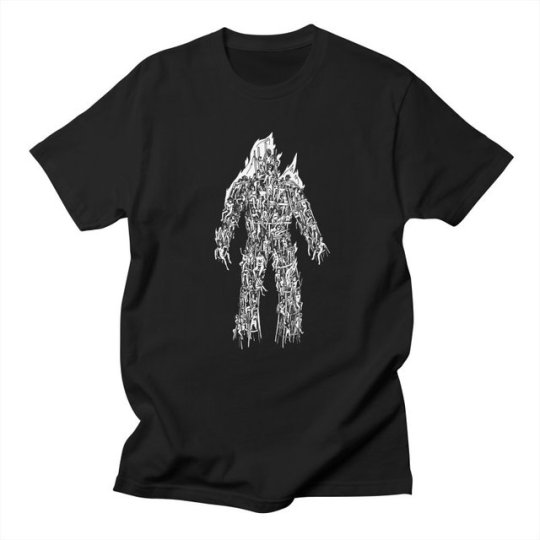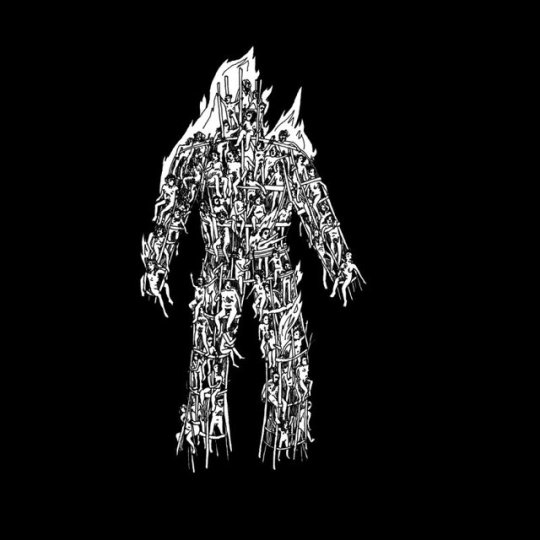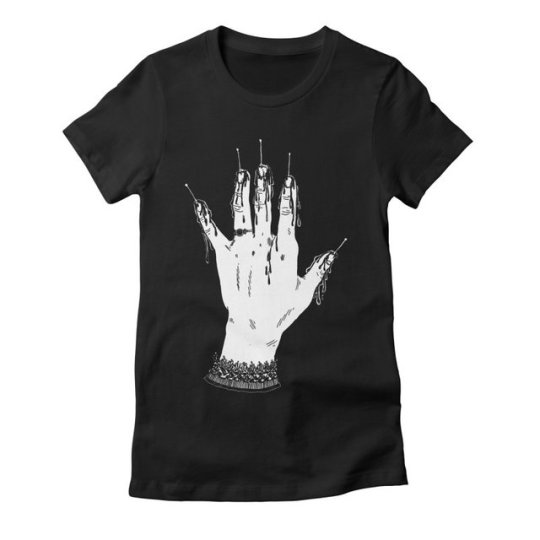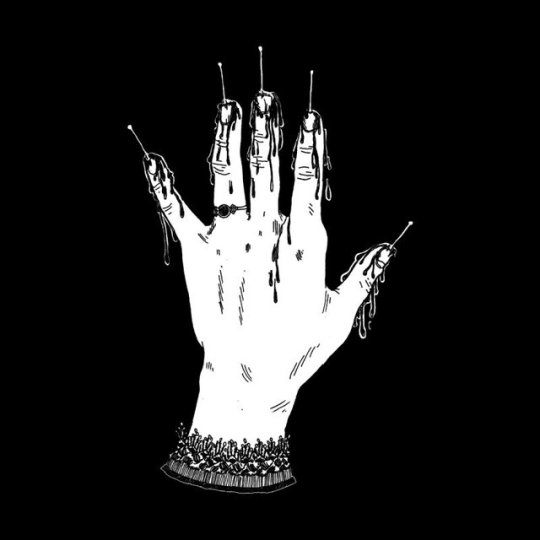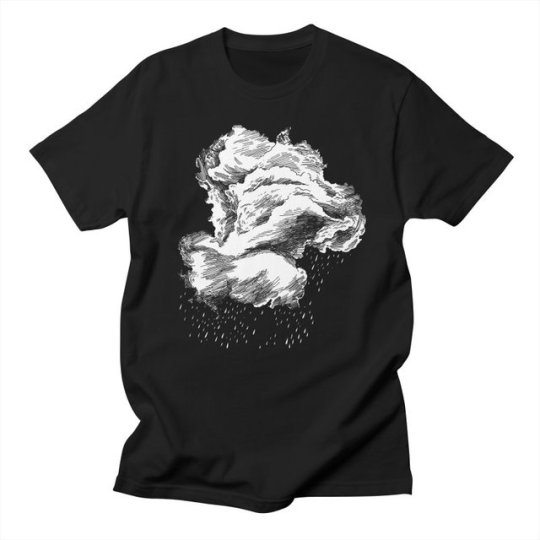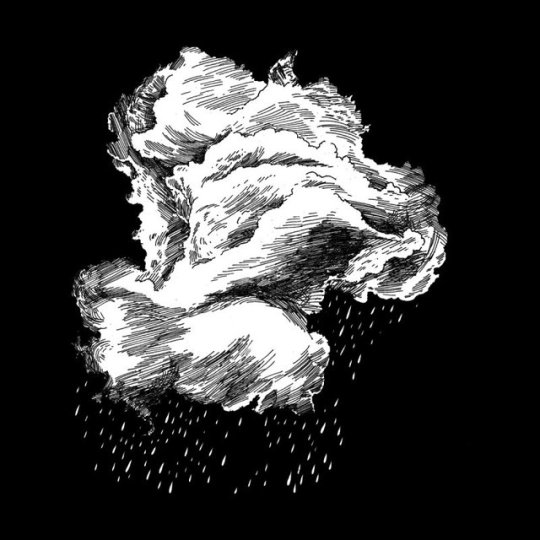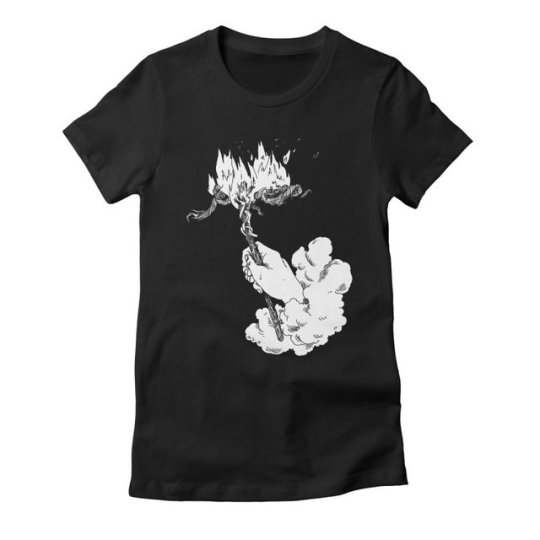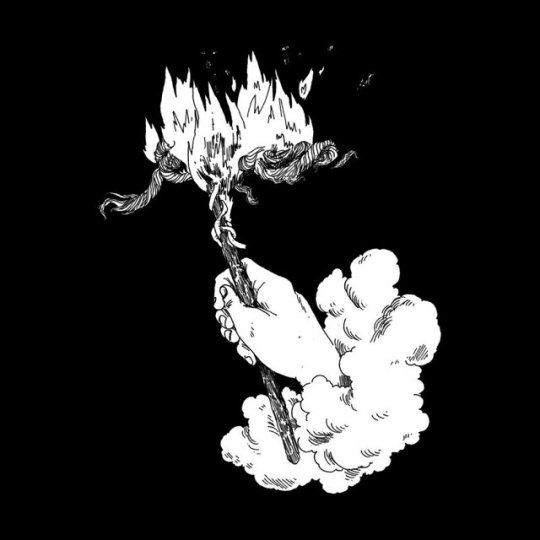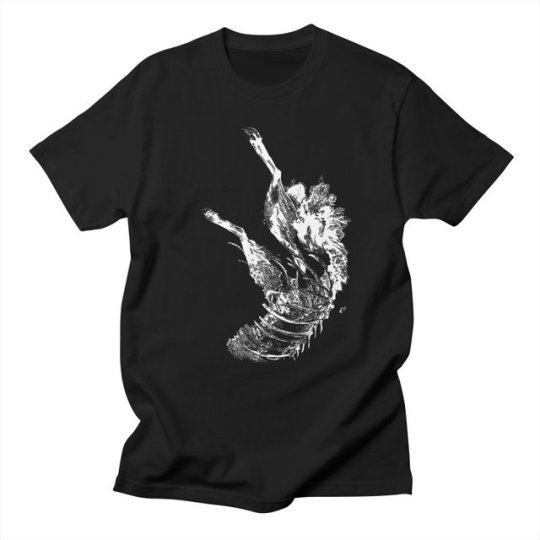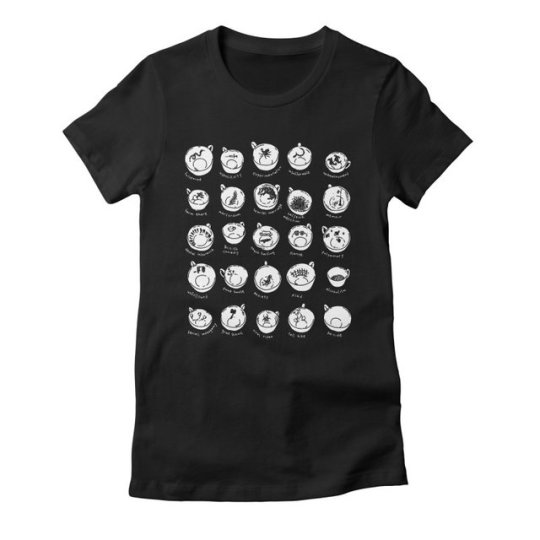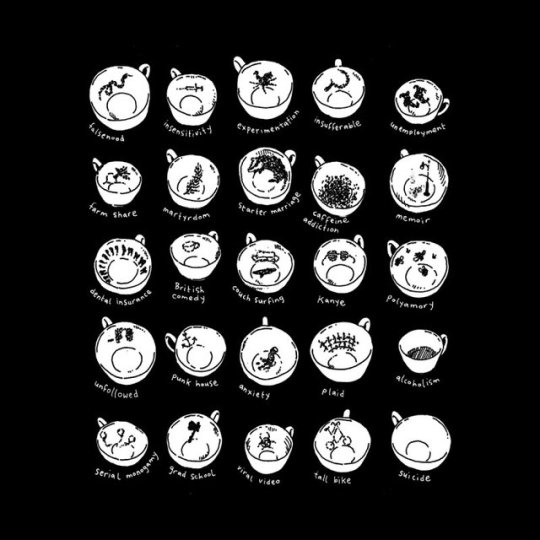Archive for November 9, 2017
“Rolling Stone had some great ones”
November 9, 2017Did I not mention that Kyle MacLachlan read and enjoyed my weekly Twin Peaks reviews for Rolling Stone?
Twitter and anger
November 6, 2017One thing I’ve noticed since I stopped using Twitter regularly is that the compulsion to tweet is most often associated with complaint. I think all of the times I’ve actually broken my self-imposed embargo since it began and tweeted something other than promoting work by me, my friends, or people I admire have been to say something negative. I complained about commenters who don’t understand how criticism works. I complained about “grade inflation” among critics who overvalue heartwarming work. I complained about an article that outed an anonymous tumblr weirdo just because this person may possibly be a little too weird. I complained about Chuck Schumer praising George W. Bush for “bringing the country together” after 9/11. I complained about the billionaire fuck who shut down a whole raft of journalism sites he’d purchased a few months ago because the employees voted to unionize.
All of these touch on my career, my politics, or both, and these things are important to me. But it’s noteworthy, I think, to isolate the emotion Twitter seems to count on to drive you back to that empty white box. Yesterday, for example, it took all I had to stop myself from kvetching about people saying Mad Max: Fury Road is the greatest action movie ever made when it’s, maybe, the third-best Mad Max movie ever made. (Now I’m doing that here where you suckers have to see it instead.) Again: career-related, sure. But my desire to use Twitter is directly correlated to how much I think my career fucking sucks at any given moment. Can you think of any other business or activity that functions in this way?
31 October T-Shirts by Julia Gfrörer, Day 31: Wicker Man
November 3, 201731 October T-Shirts by Julia Gfrörer, Day 30: Torture Hand
November 3, 201731 October T-Shirts by Julia Gfrörer, Day 29: Ominous Cloud
November 3, 201731 October T-Shirts by Julia Gfrörer, Day 27: Aurochs Bones
November 3, 201731 October T-Shirts by Julia Gfrörer, Day 26: Mundane Tasseomancy
November 3, 2017In my time on twitter during early October, an anonymous account responded to a photo of my six-year-old daughter by calling her a bitch and a cunt, adding “I hope nothing bad happens to her.” Despite multiple reports, the account was not banned. When I responded to the first wave of accounts of Harvey Weinstein’s sex crimes by saying I felt special solidarity with Asia Argento as a fellow horror person (to get very specific, Troma Studios distributed her film The Stendahl Syndrome the summer I interned for them), a handful of accounts opted to interpret this as me saying I didn’t care about other victims. A similar thing happened when I expressed horror about the climate of fear Weinstein must have established if figures as powerful as Angelina Jolie and Gwyneth Paltrow still felt unable to speak out; I was told I only cared when it happened to powerful people, while on the flip side I also received many responses saying they were cowards at best and complicit at worst for not speaking out. Such responses continued even after I said that I was a victim of childhood sexual abuse myself, and my responses were shaped by that shared experience. Effectively, I was told I was being a victim wrong, an experience that triggered traumatic memories of the abuse itself that cost me two solid days of work. This had never happened to me before. Finally, anime Nazis, who’ve dogged me on and off since G*merG8te and flared up during pile-ons orchestrated by right-wing media figures after comments I made about Trump’s election and inauguration and the health-care debacle, told me they were glad I was sexually abused as a childhood, because I deserved it.
After that I decided to drastically curtail my use of the site. I’ve limited my interactions, I’ve tweeted almost but not quite completely just to promote my own work and that of friends and heroes of mine, and I’ve cut back really hard on reading time, favoriting, retweeting, replying, and so on. While I’m still on there more than many people who’ve simply established a less extreme usage pattern and are continuing as normal, for me it represents a radical reduction. It’s improved my life for sure, but that’s not the point of this post.
The point is this: After that final incident spurred me to start detaching myself from Twitter, I realized that I’d fallen victim to its business model, which is nothing more or less than to (theoretically) profit from inducing me and everyone else to write up as many of our thoughts and feelings as possible, without pay, on a website where racist fascists up to and including literal Nazis and the President of the United States of America can and do attack other users and spread their filth with impunity. I can’t think of any real-life circumstance where I would voluntarily subject myself to that kind of labor exploitation and emotional abuse. I’m going to start applying that standard to what I do online, and to where I do it.
“Mr. Robot” thoughts, Season Three, Episode Four: “eps3.3_m3tadata.chk”
November 3, 2017It’s all gussied up in cyberthriller drag, but what Mr. Robot is now really forcing us to confront is whether or not bringing down the hypercapitalist backers of American hegemony — ending its endless death dance of credit-card debt and drone strikes — is worth the risk, and the cost. Who is the hero of this story? Elliot, with his humane reluctance to kill? Or Mr. Robot and those conspiring with him to keep Elliot down, with their insistence that in this case, killing is humane? Placing Elliot’s good-hearted, if broken-spirited, friend Angela on the side of the sociopaths is an indication that Mr. Robot sees this question as harder to answer than it looks.
How should we see it, though? How do we see it? Who’s seeing it at all? Normally I don’t pay much attention to how a given show I care about is going over with the general viewing public, mostly because I don’t give a shit. In a world where we can get four miraculous seasons of Halt and Catch Fire despite an audience size not much larger than the cast, how much does it really matter? I’m much more concerned about shows I dislike (the empty Reaganite culture recycling of Stranger Things, the fascism of The Walking Dead) getting more attention than they deserve than shows I like getting less.
But I am curious about how this season of Mr. Robot is playing with the people who are watching it, and the people who watched the first two seasons (in varying quantities) as well. There’s a bleak, enervated energy to this year’s run so far that resonates so closely with the relentless awfulness of life under the Trump regime that I wonder if it’s hard for some viewers to take — like two notes nearly identical in pitch but off just slightly enough to become discordant and abrasive.
Though this season has been both stylistically and narratively straightforward compared to the previous outings, it’s no less challenging a viewing experience. Watching it so far, this episode included, feels like wandering around a big empty room, where the walls are gray and your voice falls flat and the light is an eye-clouding haze and rising up from the floor is the faint but unmistakable smell of death. Tonight’s episode ended to the tune of Elliott (ahem) Smith’s grindingly grim “Everything Means Nothing to Me,” a song he wrote while blood from a self-inflicted injury was literally dripping on to the keys of the piano he was playing, from the final album he released before he is believed to have stabbed himself to death. If you’re of a certain mindset that values the catharsis of hopelessness, this can be a nice place to visit. Mr. Robot is asking you to live there.
I wrote about death, hopelessness, and the most recent episode of Mr. Robot for Decider.
“The Deuce” thoughts, Season One, Episode Eight: “My Name Is Ruby”
November 3, 2017The Deuce saved its best, and its worst, for last.
The final episode of the show’s first season is called “My Name Is Ruby” – a title that serves as an assertion of humanity, a prophecy of doom and famous last words all at once. Written by series co-creators David Simon and George Pelecanos and directed by Michelle MacLaren, it’s technically about the moment that the selling of sex became part of the American mainstream. But more importantly, it’s about the people left behind as surplus to the transition. As such, it contains two of the show’s most powerful and upsetting scenes.
I reviewed the strong season finale of The Deuce for Rolling Stone. Your basic B-grade prestige drama overall, with hints of greater promise in the final two episodes.
who watches the watchmen
November 3, 2017
I know it shouldn’t, but it shocks me how people who devote time to criticizing arts criticism can understand so little about arts criticism.
BTW, not that you should go by letter grades, but my averaged-out grade for the show I tried really hard not to like for some reason? B.
(PS: That’s not really Nev from Catfish)

